Sanatçı: Diego Velazquez
stil: Baroque
Konular: People Royalty Family
Tarih: 1656
Müze: Museo del Prado (Madrid, Spain)
teknik: Oil
Las Meninas (Spanish for The Maids of Honour) is a painting of the Spanish Golden Age. The work's complex and enigmatic composition raises questions about reality and illusion, and creates an uncertain relationship between the viewer and the figures depicted. Because of these complexities, Las Meninas has been one of the most widely analyzed works in Western painting. The painting shows a large room in the Madrid palace of King Philip IV of Spain, and presents several figures, most identifiable from the Spanish court, captured, according to some commentators, in a particular moment as if in a snapshot. Some look out of the canvas towards the viewer, while others interact among themselves. The young Infanta Margarita is surrounded by her entourage of maids of honour, chaperone, bodyguard, two dwarfs and a dog. Just behind them, Velázquez portrays himself working at a large canvas. Velázquez looks outwards, beyond the pictorial space to where a viewer of the painting would stand. In the background there is a mirror that reflects the upper bodies of the king and queen. They appear to be placed outside the picture space in a position similar to that of the viewer, although some scholars have speculated that their image is a reflection from the painting Velázquez is shown working on. Las Meninas has long been recognized as one of the most important paintings in Western art history. The Baroque painter Luca Giordano said that it represents the "theology of painting", while in the 19th century Sir Thomas Lawrence called the work "the philosophy of art". More recently, it has been described as "Velázquez's supreme achievement, a highly self-conscious, calculated demonstration of what painting could achieve, and perhaps the most searching comment ever made on the possibilities of the easel painting".
Sanatçı |
|
|---|---|
indir |
|
İzinler |
ticari olmayan kullanım için ücretsiz. Aşağıya bakınız. |
Diego Velazquez – En çok izlenenler sanat
|
This image (or other media file) is in the public domain because its copyright has expired. However - you may not use this image for commercial purposes and you may not alter the image or remove the watermark. This applies to the United States, Canada, the European Union and those countries with a copyright term of life of the author plus 70 years.
|
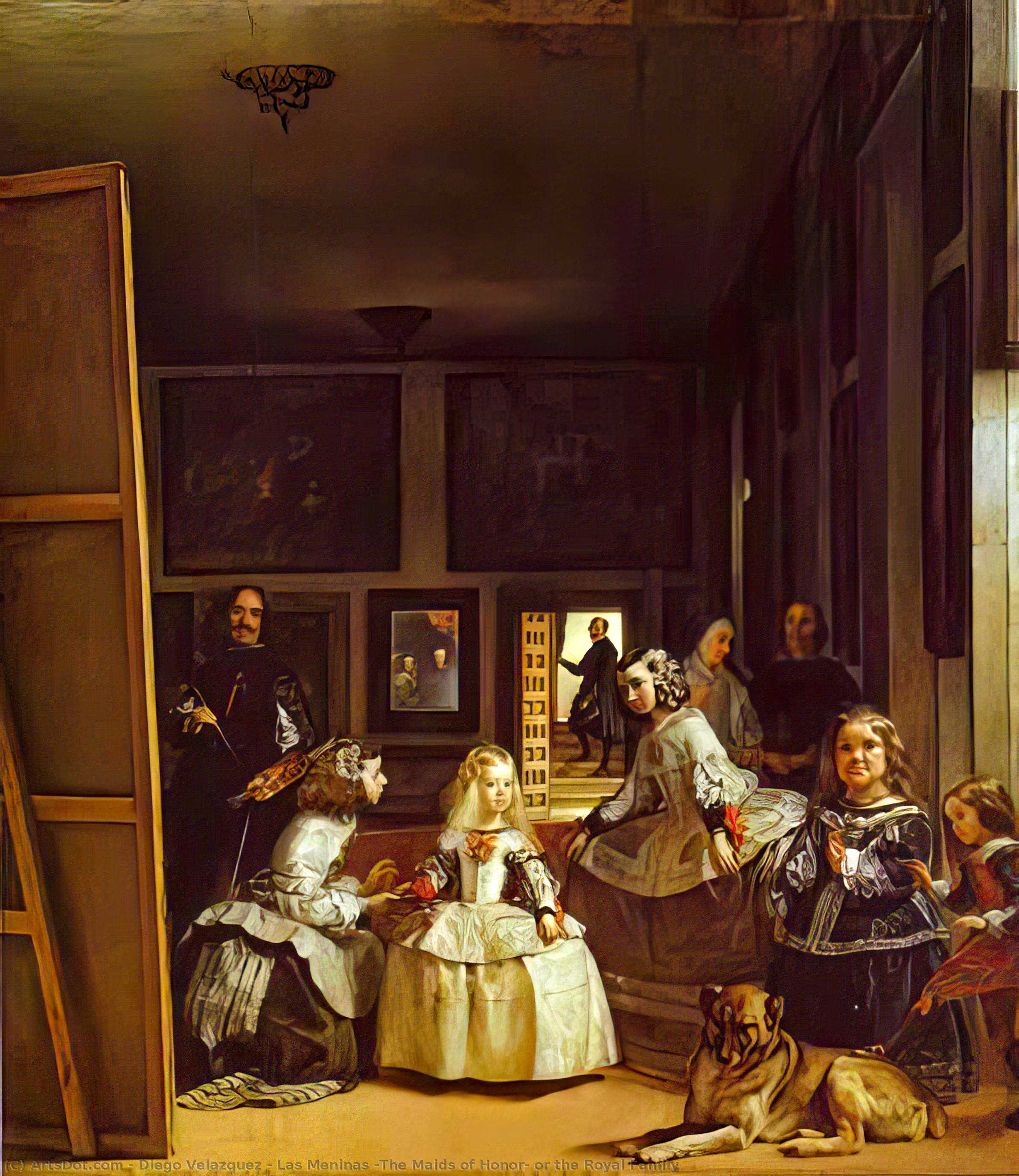

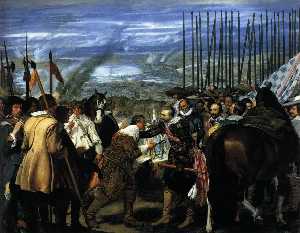
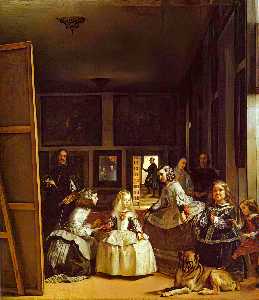
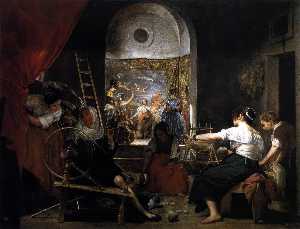



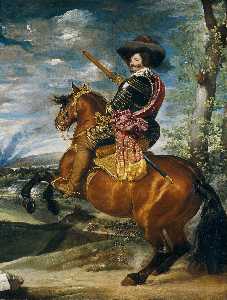
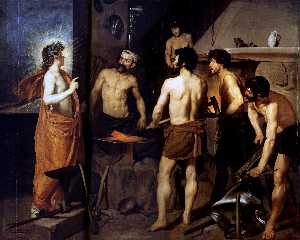

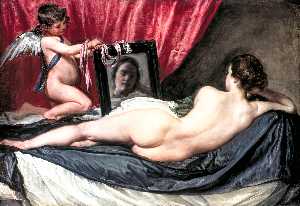



 Note that a few countries have copyright terms longer than 70 years: Mexico has 100 years, Colombia has 80 years, and Guatemala and Samoa have 75 years. This image may
not be in the public domain in these countries, which moreover do not implement the
Note that a few countries have copyright terms longer than 70 years: Mexico has 100 years, Colombia has 80 years, and Guatemala and Samoa have 75 years. This image may
not be in the public domain in these countries, which moreover do not implement the